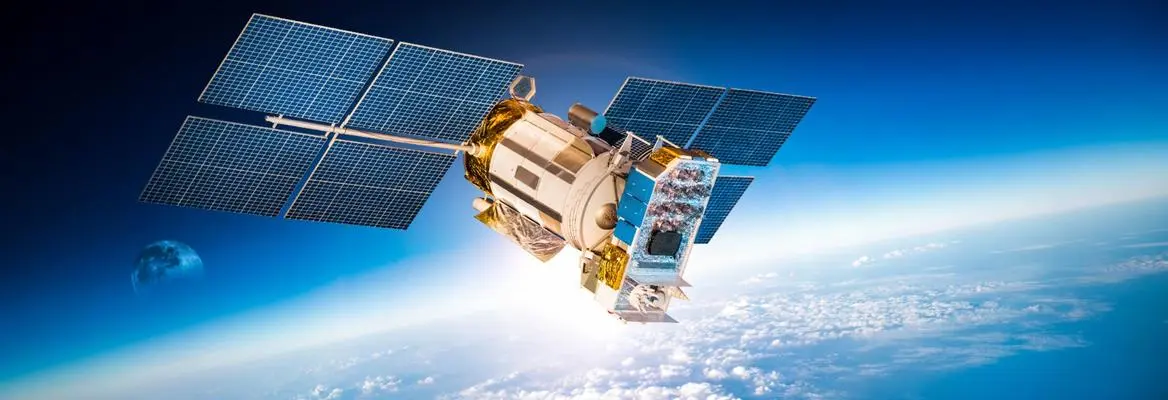Sailors have been using the stars to navigate the high seas for centuries. Actual space exploration, however, does not have a very long history. It began with the launch of the first satellite, Sputnik, on 4 October 1957 by the Soviet Union. During the last five or six decades humanity has made a significant amount of progress in the domain of space. There has been a constant human presence in outer space since 2000 with astronauts staying aboard the International Space station (ISS) in the low-Earth orbit.
Since the 1970s, various Asian states have also started investing in space. States like Japan, China and India have made good progress with various conventional and innovative programmes. These states have definitely had the advantage of late starters. In the recent past particularly, in the Middle East region, states like Israel and Iran have made investments in space technologies essentially for strategic purposes.
China and India became space-faring states during 1970 and 1980 respectively, when they launched their satellites using their natively developed satellite vehicles. These states both have well established computations, remote sensing (earth observation), meteorological and navigational programmes. From a capacity and capability perspective, it’s perhaps safe to say that China’s space programme is much bigger in nature and more advanced than India’s. At the same time, it is important to note that India’s space programme has been designed to cater to their own specific requirements.
A case in point is the navigational programmes of both the states. China is developing (and has almost completed) a global navigational system while India has developed only a regional navigational system, which suits its own interests. China has more capable satellite launch vehicles in comparison to India, and has a well-established human spaceflight programme in which their astronauts (taikonauts) undertake space-walks. They have also successfully tested the prototype for a proposed space station, which is expected to be operational in the near future. India is yet to make a beginning in this field.
In the deep space arena, both India and China have successful Moon programmes. India is yet to achieve a successful robotic landing (lander-rover system) on the Moon’s surface, but has an operational satellite in the vicinity of Mars however, while China was unsuccessful its first mission to Mars. Both states have invested in space science, placing multiple satellite systems in orbit. For example, India has launched an astrosat with a space observatory.
India and China are utilising space technologies to significantly drive socioeconomic development and to meet their own foreign policy objectives.
In the strategic spheres, both China and India have demonstrated their ASAT (anti-satellite) capabilities. Nevertheless, China has undertaken space launches and experiments, indirectly demonstrating their efforts towards to developing counter-space technologies
At a commercial level, both India and China understand there is a good market for various space technology products. They are keen to establish themselves as globally important players in the satellite launch market. It appears their main focus is more towards getting into the sectors involving launches of mini, micro and nano satellites. They are already using their existing launch capabilities to undertake various launches for their customers. But, more importantly, they are developing small satellite launch vehicles exclusively for undertaking commercial launches.
India has already established itself in this field by undertaking more than 250 launches for various international customers. At present, India offers cost-effective and reliable options for the launch of such satellites, attracting various customers including the US and a few European states.















Join the conversation